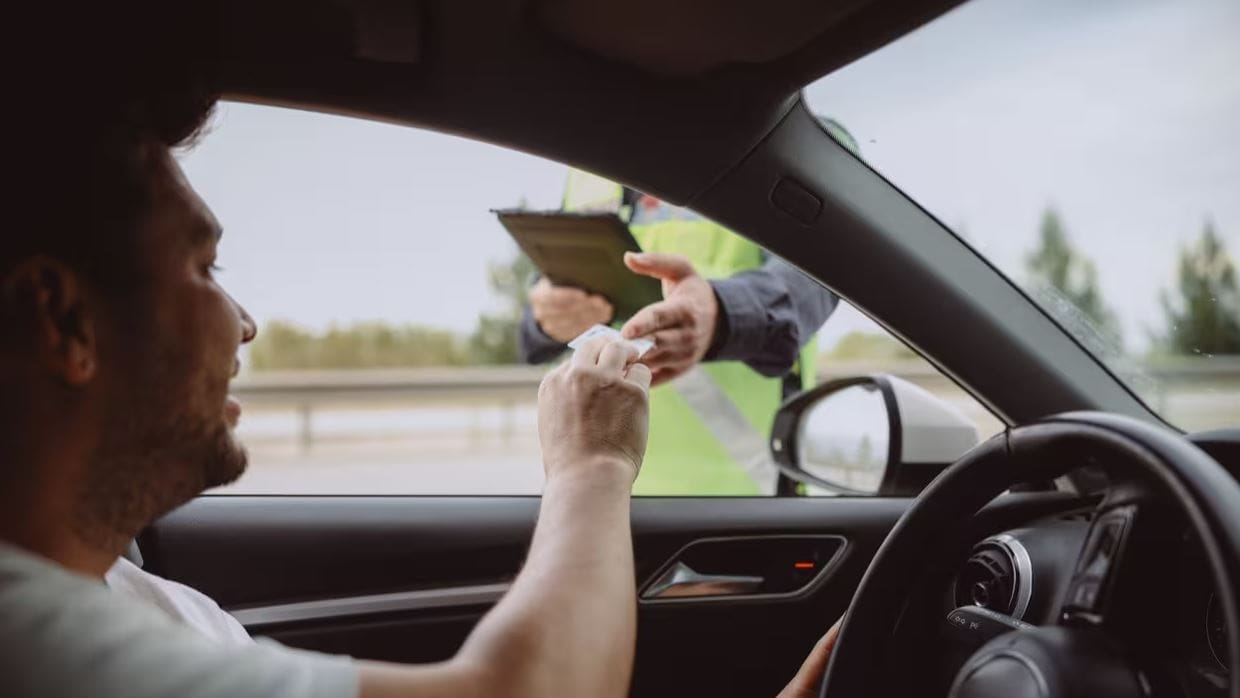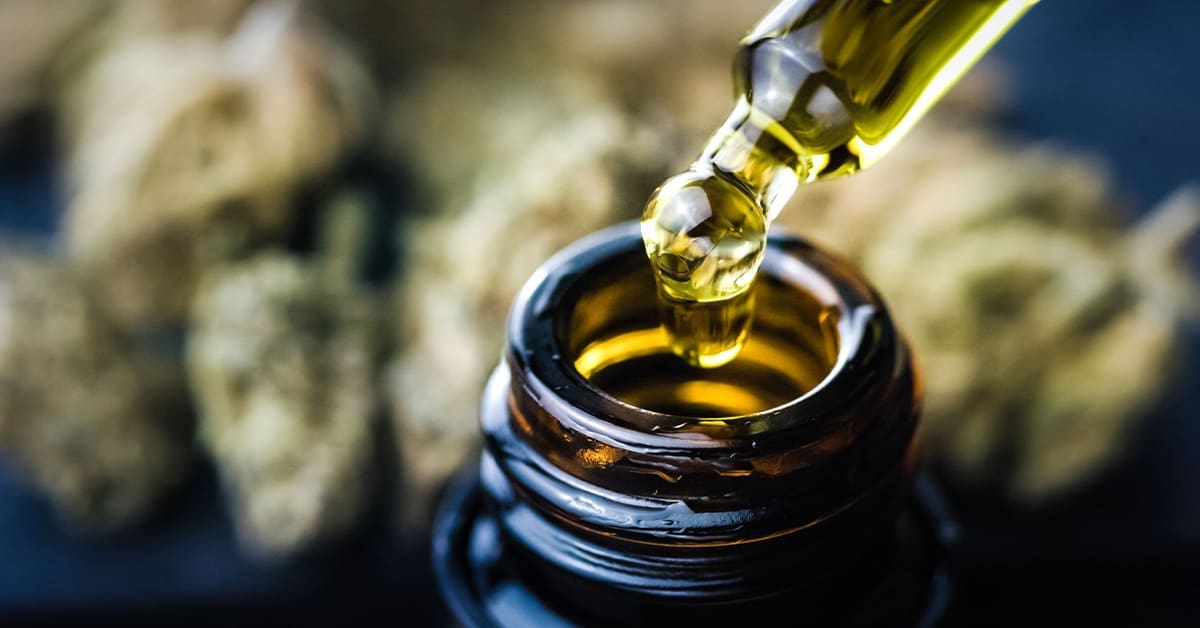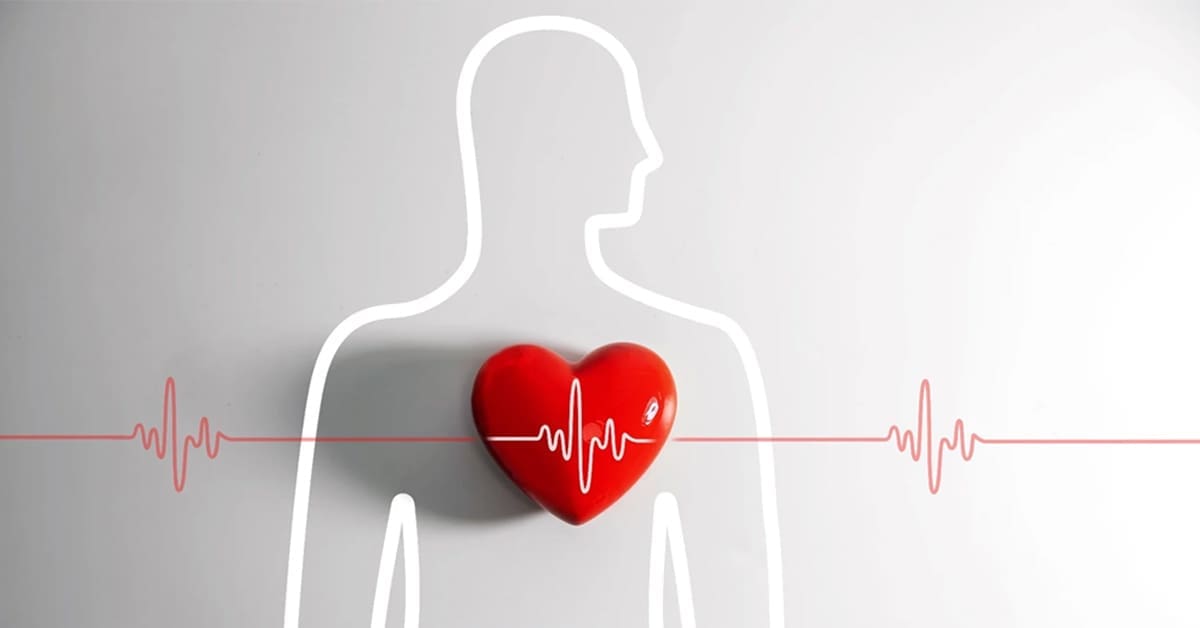The New Roadside Testing Law and What It Means for Our Patients
You may have seen the headlines — Police are about to roll out roadside saliva testing across New Zealand for four drugs: THC, methamphetamine, MDMA and cocaine. On paper, this is about road safety. But in reality, for medicinal cannabis patients, it’s not that simple. This isn’t a test for impairment. It’s a test for presence. That means a trace amount of THC in your saliva — even from a prescribed, bedtime dose — could show up the next morning, long after any effect has worn off.
For many of our patients, that’s worrying. And I get it.
Why this matters
If you’re taking your medicine exactly as prescribed, you shouldn’t be treated like a criminal. But that’s where we find ourselves — in a system that doesn’t yet understand the nuance between therapeutic use and impairment. Cannabis stays in the body differently to alcohol or most other drugs. It’s fat-soluble, it lingers in trace form, and saliva testing can pick it up well after you’re completely sober. There’s no equivalent test for opioids, sleeping pills, or benzodiazepines — all of which can impair driving for far longer. So, when we talk about fairness and evidence-based medicine, it’s clear this rollout still has a long way to go.
What we’re doing about it
At CannaPlus, and through my role on the New Zealand Medicinal Cannabis Council, we’re advocating for a better approach — one based on impairment, not presence. We’re calling for protections for prescribed patients who are using their medication responsibly, and for an evidence-driven framework that reflects how people actually use these medicines. Behind the scenes, we’re already working with other clinics, the Drug Foundation, and regulatory groups to get this conversation in front of the right people — not just law enforcement, but policymakers who understand health.
In the meantime
We’ve given our doctors and nurses interim driving guidance so that everyone gets consistent, practical advice. If you’re a patient currently prescribed a THC-containing medicine, here’s what we recommend:
• Never drive if you feel impaired — that includes feeling foggy, slowed, or drowsy.
• Time your doses: keep THC for evenings if you know you’ll be driving in the morning.
• Wait at least 6–8 hours after inhaled products, and 8–24 hours after oral oils, depending on your dose and experience.
• Avoid combining THC with alcohol or sedatives.
• Full-spectrum CBD products can still contain trace THC, which may trigger a saliva positive. If you’re driving early mornings, stick with THC-free (broad-spectrum or isolate) products.
• And always carry proof of prescription — your script, dispense label, or a clinic letter.
If you ever get stopped or tested, stay calm. Comply with the process, note the time of your last dose, and contact us if you need support.
Our message
This law was built for road safety, and we support that. Nobody should drive impaired — medicinal or not. But there’s a difference between safety and stigma. Between being impaired and simply having a legal, prescribed medicine in your system. Until the science and the law catch up, our job is to help you navigate this confidently and safely — without fear, confusion, or shame. We’ll keep doing the advocacy work behind the scenes. You focus on your health and taking your medicine responsibly. That’s what we stand for.







